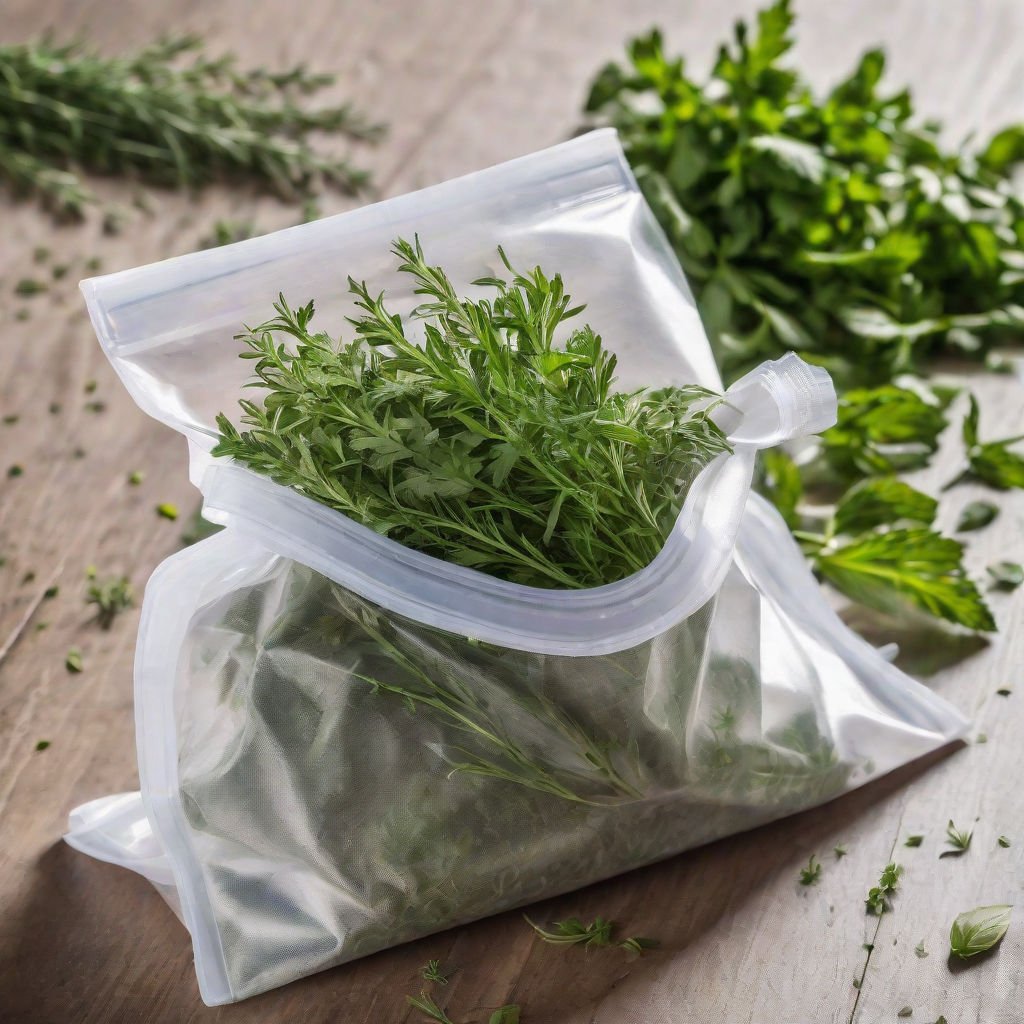In an age where sustainability is more important than ever, reusing household items like zip-top bags seems like a sensible practice. But it raises an important question for health-conscious individuals and eco-friendly warriors alike: Is it safe to reuse zip-top bags?

The short answer is yes, but with proper precautions. Reusing zip-top bags can help reduce waste, but it’s critical to ensure that they are used in a way that doesn’t compromise your health or that of your family. Here’s what you need to know about the safety of reusing zip-top bags.
Health Concerns
The primary health worry with reusing zip-top bags stems from the possibility of bacterial contamination. For instance, bags that have been used to store raw meats or eggs might retain harmful bacteria even after being washed. This residual bacteria can multiply and potentially lead to foodborne illnesses when reused for storing other edibles.
To reuse safely, one must adopt strict hygiene practices. Thorough washing and drying are crucial to keep these risks at bay. The advice from experts couldn’t be clearer:
“Always avoid reusing bags that have contained raw meat, fish, eggs, or allergenic foods to prevent cross-contamination,” says Jane Doe, a food safety specialist. “And never underestimate the importance of proper drying – moisture is a breeding ground for bacteria.”
Environmental Impact
Reusing zip-top bags can significantly reduce the number of plastic items that end up in our landfills and oceans, which is a big plus for the environment. However, there’s a downside. With repeated use and washing, plastic bags can degrade and shed microplastics, which are detrimental to wildlife and ecosystems.
To strike a good balance between health safety and environmental care, careful usage is key. This means being mindful of how and when to reuse zip-top bags and considering alternative, more sustainable storage options when possible.
Safety Tips
To mitigate health risks when reusing zip-top bags, keep these safety tips in mind:
- Wash and Rinse Thoroughly: Ensure all areas of the bag are cleaned with warm, soapy water and make sure to rinse away all soap suds.
- Air Dry Completely: After cleaning, leave the bags open to air dry fully. This step cannot be emphasized enough.
- Avoid Reusing Damaged Bags: Inspect each bag for tears or punctures before reusing. If a bag is damaged, it’s best to recycle it where possible.
- Segregate by Use: Assign specific bags for specific uses—do not mix bags used for raw foods with those used for ready-to-eat foods.
Alternative Options
For those looking for alternatives to zip-top bags, plenty of options exist that are both safe and kind to the environment:
- Glass Containers: Reusable and recyclable, glass containers are a top choice for many types of food storage.
- Stainless Steel Containers: These are durable and plastic-free, ideal for both food storage and travel.
- Silicone Food Storage Bags: A reusable option available for those seeking to ditch traditional plastic bags.
- Beeswax Wraps: Organic, biodegradable, and self-adhesive, beeswax wraps are a great alternative for storing perishable items like cheese and produce.
- Reusable Cloth Bags: Perfect for bulk groceries and dried goods, cloth bags are a washable and durable option.
- Mason Jars: A kitchen favorite for everything from leftovers to pantry staples.
The verdict is in—we can keep reusing zip-top bags as long as we do so sensibly and safely. By instituting good cleaning habits and making educated choices about bag selection, we can use these kitchen staples without putting our health at risk or impacting the planet negatively.



















+ There are no comments
Add yours